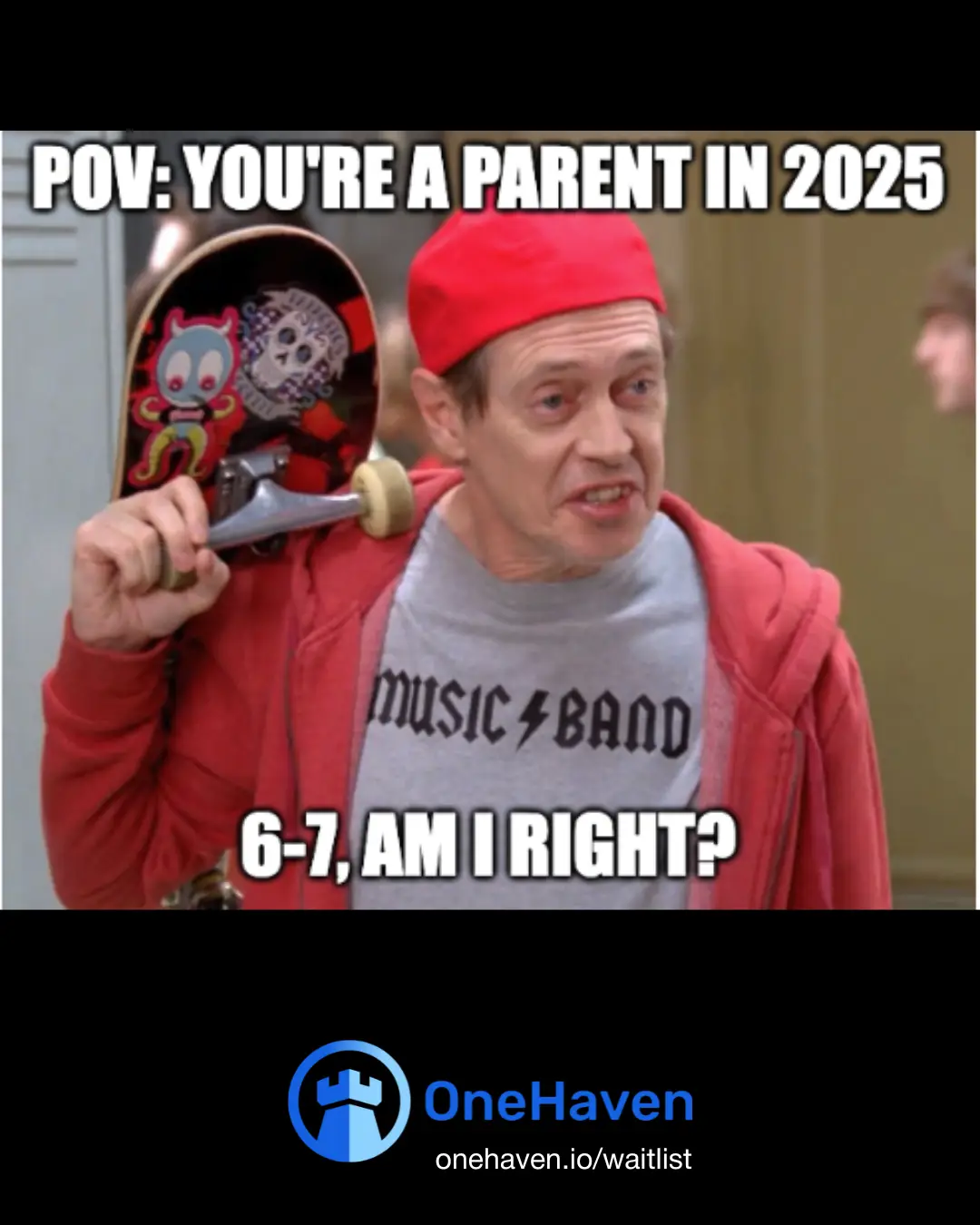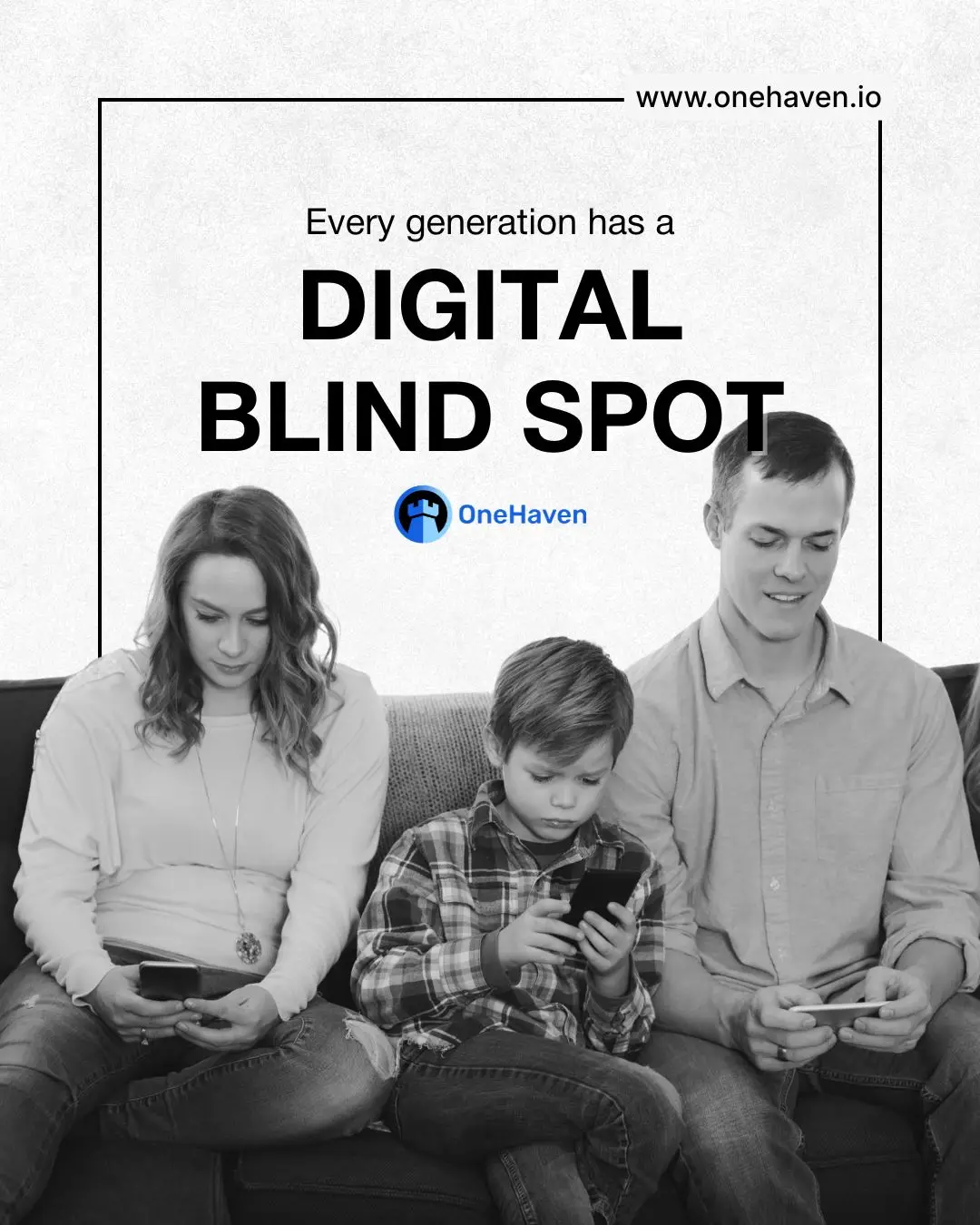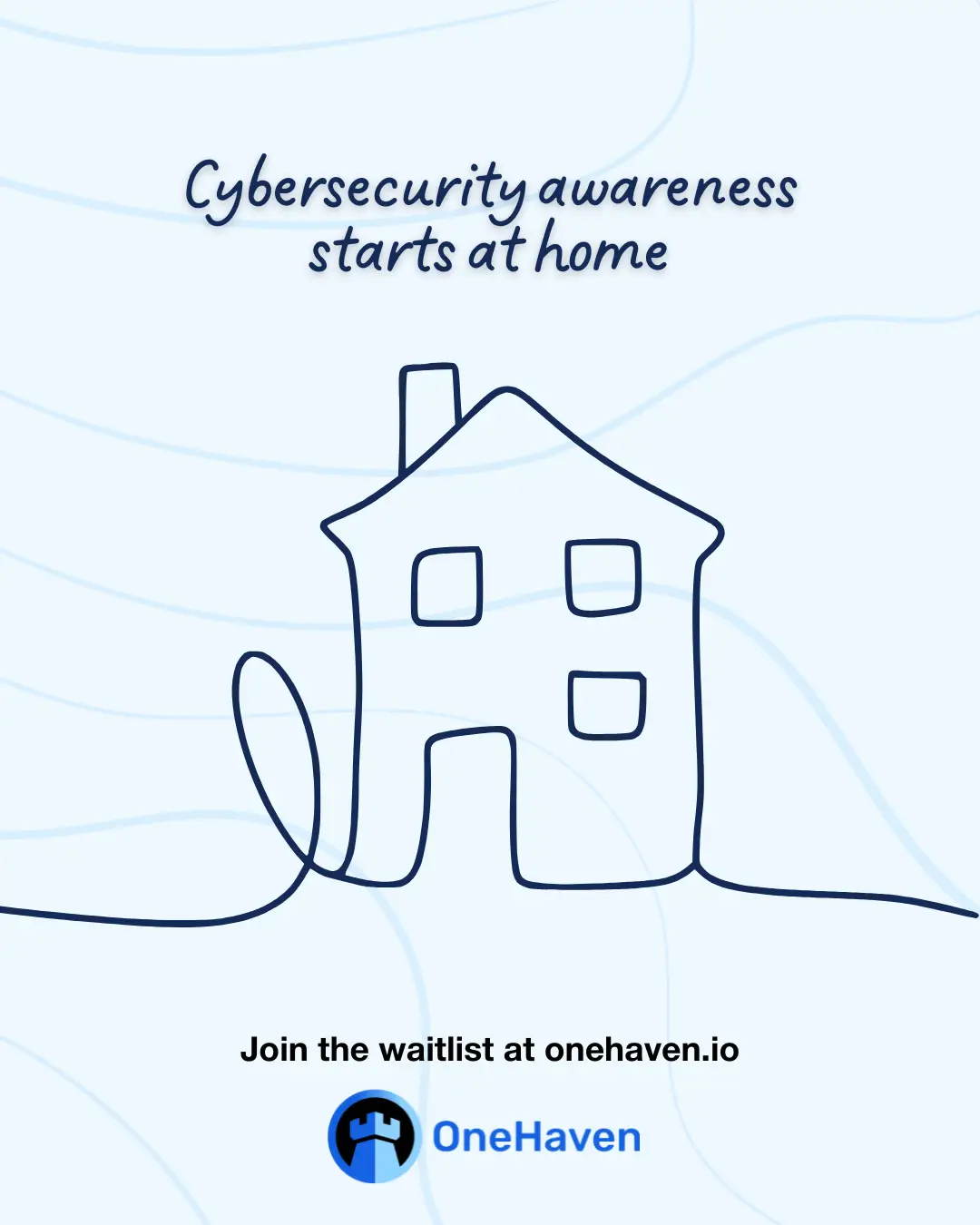Not long ago, your biggest worry was your toddler saying their first words. Now your teen is speaking a whole new language, one that feels impossible to decode.
Take “rizz.” In 2023, Oxford Dictionaries named it Word of the Year. By early 2024, TikTok teens were already calling it “cheugy” (translation: out of style). According to Google Trends, searches for rizz spiked in late 2023 before declining significantly throughout 2024, a reminder of how quickly slang terms rise and fade online (Google Trends, 2025).
And it’s not just one word here and there. According to a 2023 Pew Research report, a large share of U.S. teens say they learn slang (or pick up new terms) from social media platforms like TikTok and YouTube. Meanwhile, linguistic scholars at Cambridge University have argued that online communication enables slang to diffuse more rapidly than traditional, offline forms of language transmission.
For parents, that means you’re always behind, googling terms, checking Urban Dictionary, or awkwardly asking your teen what “skibidi” means.
Why Slang Matters More Than You Think
Teen slang isn’t just wordplay. It’s culture, identity, and often a private channel teens use to connect with each other. It can also serve as an emotional signal, something parents need to pay attention to.
- When your teen says, “I’m so delulu,” it might just be a lighthearted TikTok joke. But it could also hint at unrealistic expectations or self-esteem issues.
- Calling someone an NPC (a term borrowed from gaming, meaning a “non-playable character”) might seem funny, but it can also be used to dismiss others as unoriginal, robotic, or insignificant.
- Saying “no cap” isn’t just teen noise. It’s a way of claiming honesty in a world where trust and authenticity are constantly questioned.
Missing these cues isn’t about missing out on cool points. It’s about missing opportunities for connection and, more importantly, it means missing chances to protect your child. When you don’t understand the language, you may not see the warning signs that something is wrong until it’s too late.
The Teen Slang Dictionary: 2025 Edition
Here are some of the top terms floating around in 2025, along with a little data on where they came from and how fast they’re moving:
| Slang | Meaning / Use | Evidence / Notes |
|---|---|---|
| Rizz | Charisma; ability to charm or attract | Named Oxford’s Word of the Year in 2023. Still widely used but already fading in popularity. |
| Mid | Mediocre, average, unimpressive | Common Gen Z slang: “That movie was mid.” (familyeducation.com) |
| Bet | Agreement; “okay, got it” | Long-standing slang with roots in African American Vernacular English (AAVE). Shows staying power. |
| Cap / No Cap | Cap = lie; No cap = truth | Popularized by hip-hop culture; used online since at least 2018. |
| Delulu | Playfully delusional or unrealistic | Originated in K-pop fandom, exploded on TikTok in 2024. (ajc.com) |
| Sigma | Meme archetype of the “lone wolf / independent” type | Common in influencer and meme culture, often tongue-in-cheek. |
| Iykyk | “If you know, you know” (inside joke or hidden reference) | Popular hashtag on Instagram/TikTok captions. |
| NPC | “Non-playable character” → someone robotic or unoriginal | Borrowed from gaming; TikTok #NPC trend generated billions of views. |
| Slaps | Really good (esp. music or food) | Longstanding slang still alive in Gen Z speech. |
| Gyat / Gyatt | Exclamation from ‘gyaat damn,’ often used online to react to someone’s body (usually their butt). | Among most-searched slang on Urban Dictionary in 2024. |
| Skibidi | Meme nonsense / viral phrase | From the “Skibidi Toilet” meme series, huge on TikTok & YouTube. |
| 67 / 6-7 | Viral TikTok slang from Skrilla’s song “Doot Doot.” Teens often pair it with hand motions. Some say it means “so-so,” but most creators emphasize it’s meant to be playful nonsense with no fixed definition. | Covered in 2024–25 slang explainers (e.g., E! News). Context matters — most U.S. teens use it as harmless meme slang. |
| 41 | Shorthand referencing a Bronx drill rap crew (41 Collective) | Teen slang tied to music culture; meaning depends on context. |
| Crash out | Losing control, having an emotional outburst | Featured in 2025 Gen Z slang lists. (businessinsider.com) |
| Aura farming | Curating your social “vibe” or persona for clout | Emerging slang about online self-branding. (businessinsider.com) |
| Unc | Playful jab at someone older/out-of-touch (“uncle”) | Common Gen Z slang, often affectionate/teasing. |
| What the John | Exclamatory phrase: “What the John is going on here?” | Niche but emerging slang; documented in Urban Dictionary & Reddit threads. |
Notice the pattern? Some slang words like bet or cap/no cap have staying power and stick around for years. But others, think rizz or skibidi, can burn out in a single school year before becoming “cringe.” The hard part for parents is knowing which ones actually matter and which are just passing trends.
Why Parents Can’t Keep Up
If you’ve ever googled a slang term and landed on Urban Dictionary, you know how messy it can be. Definitions are written by anonymous users. Some are helpful, but others are offensive, outdated, or flat-out wrong. And even when the definition is right, it’s often missing context.
That’s the bigger issue: context is everything.
- Is your child saying “delulu” because it’s funny? Or because they’re struggling with unrealistic expectations?
- When they call someone an “NPC,” is it harmless banter, or a sign of dismissive or bullying behavior?
- If you overhear “gyat,” do you know whether it’s just an online trend or connected to sexualized commentary?
The truth is, parents can’t and shouldn’t have to track this constantly changing language alone. It’s overwhelming, and frankly, a distraction from what really matters: your child’s well-being.
Where OneHaven Comes In
At OneHaven, we know that parents already carry enough. Keeping up with every new meme, slang word, or viral trend shouldn’t be another item on your to-do list.
That’s why we’re building tools and communities designed to help you cut through the noise:
- Spot the red flags early. Not every slang term matters. But some can signal risk, from self-harm talk to sexual pressure to bullying. OneHaven helps you focus on the ones that do.
- Understand the “why,” not just the “what.” We don’t just define a word; we explain why it’s being used, how it fits into online culture, and when it might be a warning sign.
- Learn together. Our Haven Circle events bring parents and caregivers together in real time, so you’re never decoding alone.
Think of it this way: You don’t need to be fluent in “teen.” You just need a trusted guide to highlight what matters.
Final Word
Slang will keep changing…that’s the whole point. By the time you’ve learned this year’s list, your teen will already be rolling their eyes at the next one. But connection doesn’t depend on knowing every word. It depends on showing up, listening, and staying curious.
OneHaven is here to make that easier. Because you don’t need to carry the weight of digital culture alone. Let us help you stay focused on what matters most: your child’s safety and well-being.
Want to stop guessing at what your teen is saying online? Join the OneHaven waitlist at onehaven.io/waitlist and be the first to access tools designed to help you stay informed, no skateboard and backwards cap required.




